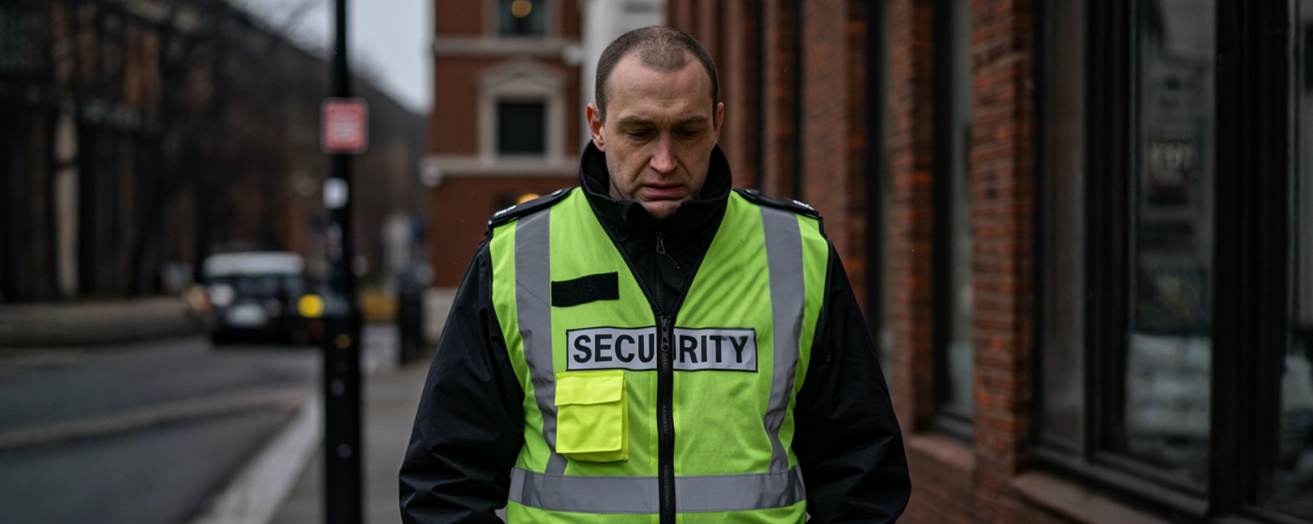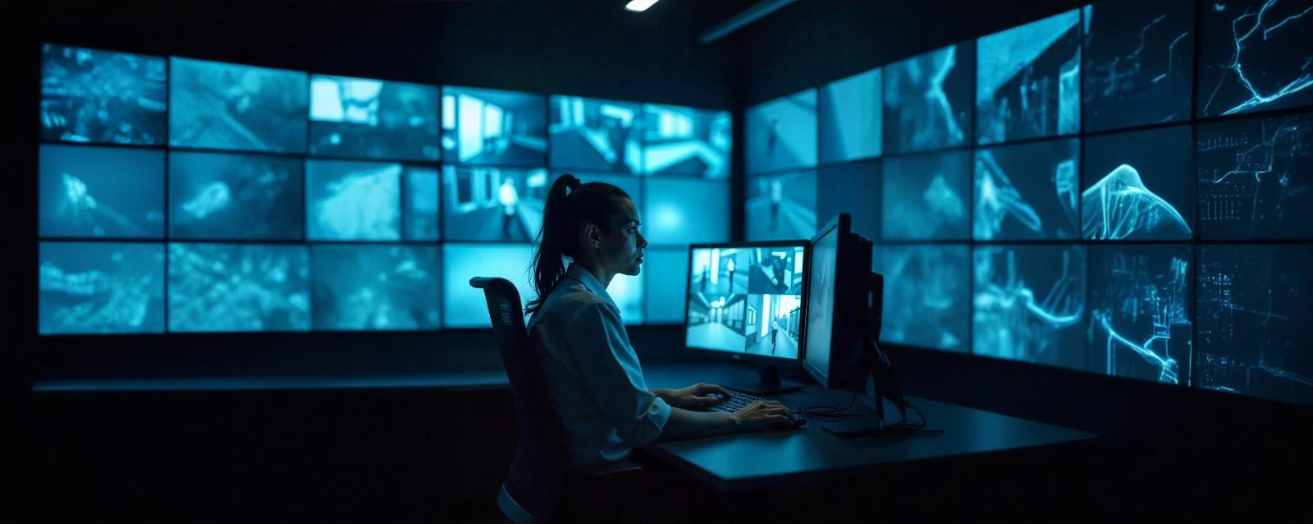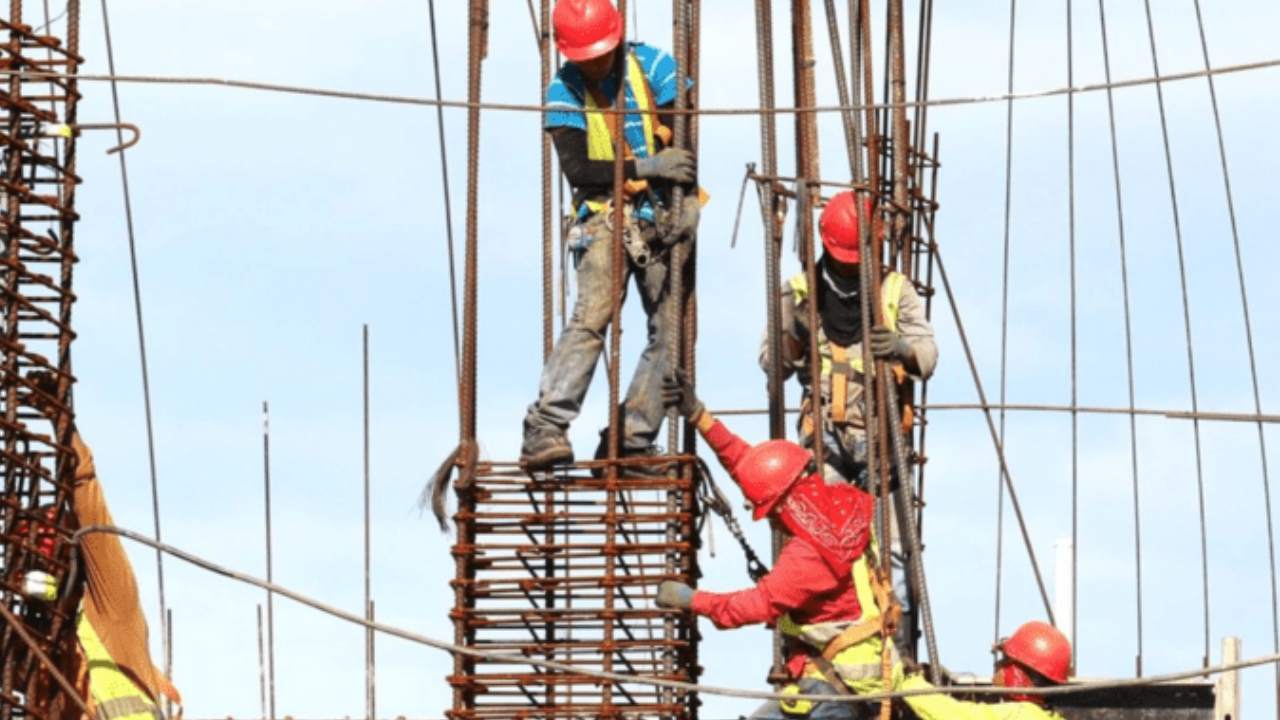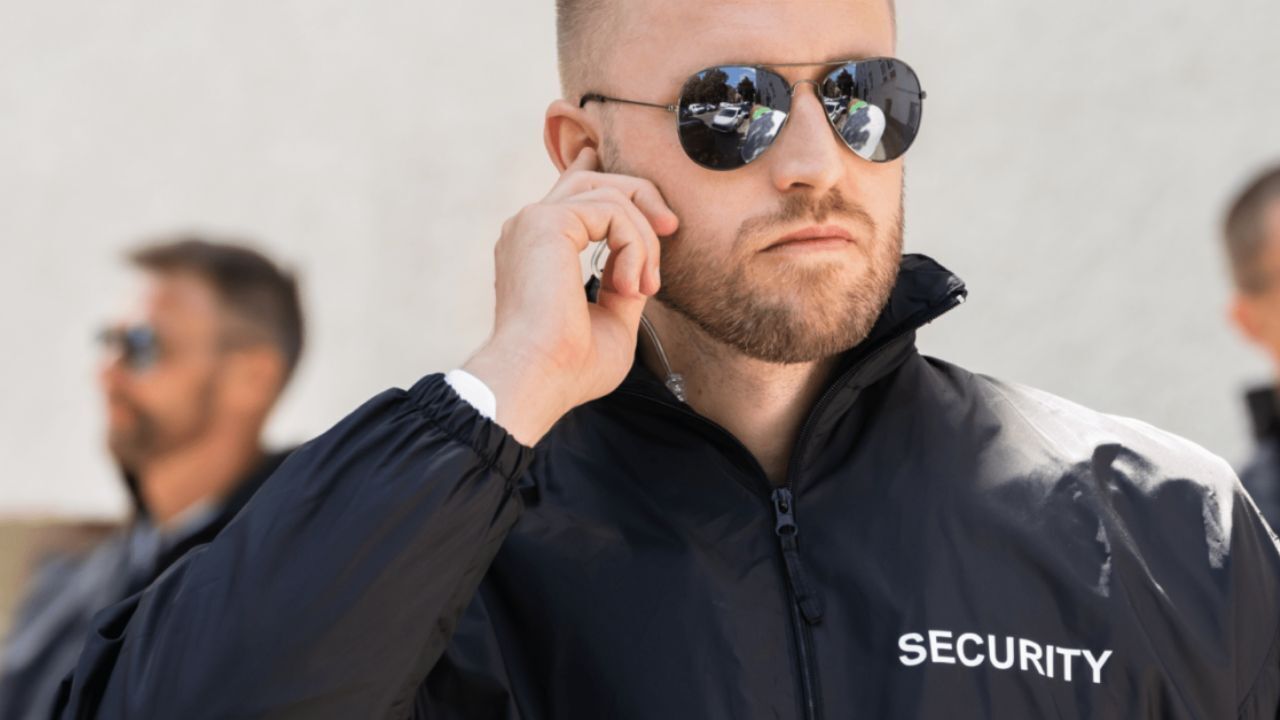September 10th marks World Suicide Prevention Day, and it’s extremely relevant to the frontline security workers out there. If you work in security across the UK, you know the reality all too well. Late-night shifts, constant vigilance that never switches off, and the isolation of lone working. Not to mention the verbal abuse that’s become normalised, raising concerns about the state of worker mental health in the security sector. According to recent research, 64.6% of security officers report experiencing verbal abuse at least once per month, with 50% facing it weekly.
You’ve probably thought: “Whilst I’m trained to protect others, who’s protecting me?” Yet mental health support across our industry remains woefully inadequate. These aren’t just job hazards we should accept. They’re taking a real toll on our mental well-being, and it’s time we talked about it openly.
The Reality Behind the SIA Badge
Whilst 1 in 6 UK workers experience mental health problems in the workplace, security professionals face unique additional pressures. We’re de-escalating heated situations, witnessing traumatic events, and maintaining constant hypervigilance that leads to chronic stress and burnout.
Recent studies have shown that security guards are struggling with PTSD, yet support systems are inadequate. Shift work disrupts sleep patterns, lone working creates isolation, and the industry culture still treats asking for help as a weakness.
If you’re considering a career in security, understanding these mental health challenges is crucial. This “tough it out” mindset isn’t protecting us – it’s putting us at greater risk.
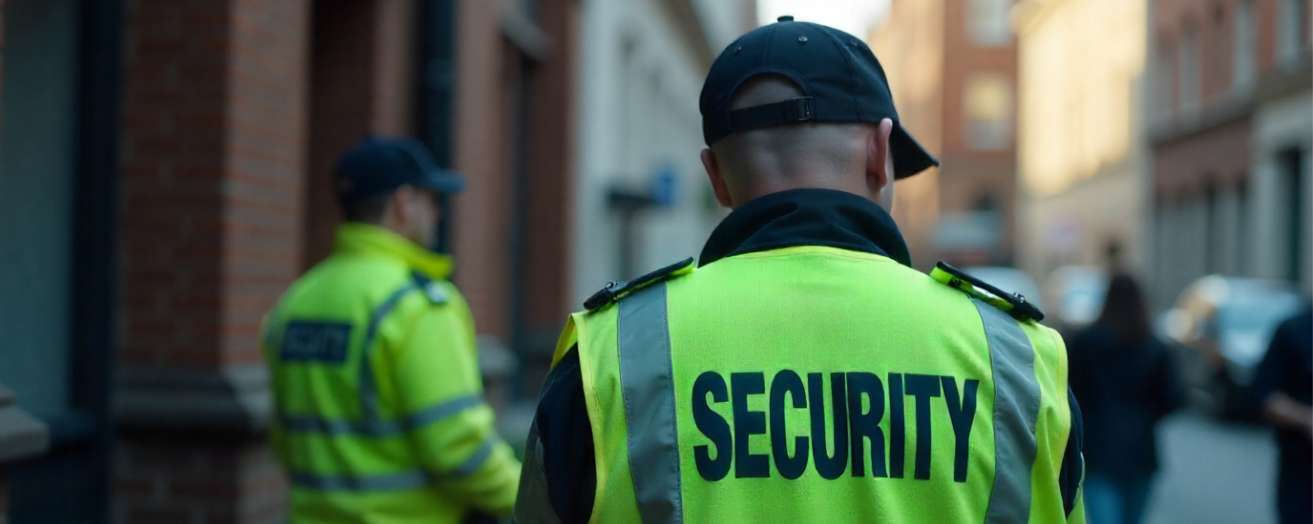
Recognising the Warning Signs
When mental health struggles in the security industry go unaddressed, they can escalate to dangerous levels. Suicide prevention starts with recognising the warning signs in ourselves and our colleagues:
- Withdrawal from team activities or avoiding social interactions
- Changes in work performance or increased absences
- Talking about feeling hopeless or having no purpose
- Increased risk-taking behaviour or substance abuse
- Giving away possessions or talking about “not being around”
These signs are serious. In our industry, where we’re trained to notice everything, we must apply that same vigilance to looking after each other.
Breaking the Silence & Saving Lives
Check in properly: Ask “How are you really doing?” and listen. Sometimes, knowing someone cares can be the difference between someone reaching out for help or suffering in silence.
Challenge the stigma: When someone suggests that seeking help is weak, remind them that we wouldn’t expect someone to work with a broken leg. Mental health is no different.
Know the resources: If you or someone you know is having thoughts of suicide, reach out to these platforms:
- Samaritans: 116 123 (free, 24/7, confidential)
- Crisis Text Line: Text SHOUT to 85258
- Mind: 0300 123 3393
These aren’t signs of failure – they’re lifelines.
Equipping Yourself to Help
You wouldn’t work security without proper SIA training, so why work without mental health awareness? Understanding mental health isn’t just about helping others; it’s about protecting yourself and potentially saving lives.
Our Mental Health Awareness course gives you practical tools to recognise and respond to mental health crises. This CPD-approved training covers depression, anxiety, and other conditions you’re likely to encounter. You can access this through our comprehensive e-learning platform.

Currently available for just £25, this training could help you recognise when a colleague is struggling before it becomes a crisis.
Your Action Plan
At Get Licensed, we’ve trained over 400,000 security professionals across the UK, and we’ve seen firsthand the mental health challenges our industry faces. That’s why we’re not just talking about this issue—we’re taking action.
Today: Check in with one colleague. Ask how they’re really doing, and listen to the answer.
This week: Join us in making mental health awareness a priority and enrol in our Mental Health Awareness course. We’ve made it affordable at just £25 because we believe every security professional deserves access to life-saving knowledge.
This month: Help us change the culture. Start conversations about mental health in your workplace. Share your experiences. Be the colleague who breaks the silence.
As the UK’s leading security training platform, we’re committed to supporting not just your professional development, but your wellbeing too. We protect others every day – now let’s start protecting each other. The time for action is now. Join us in making the security industry a place where mental health matters and every life is valued.





